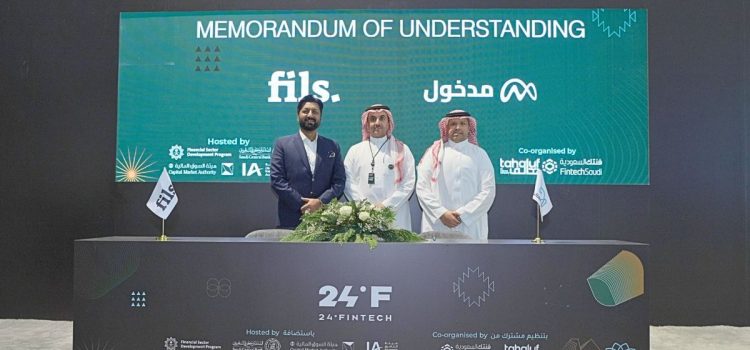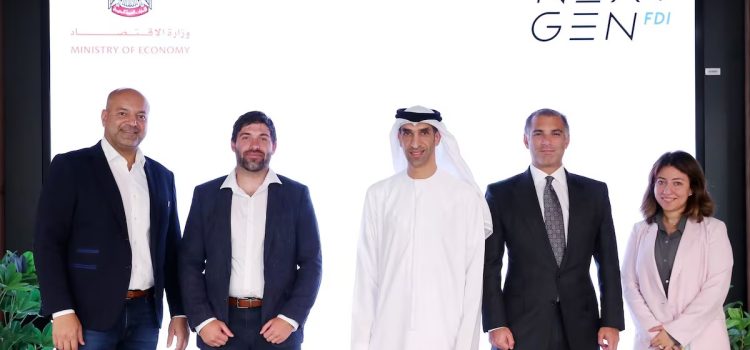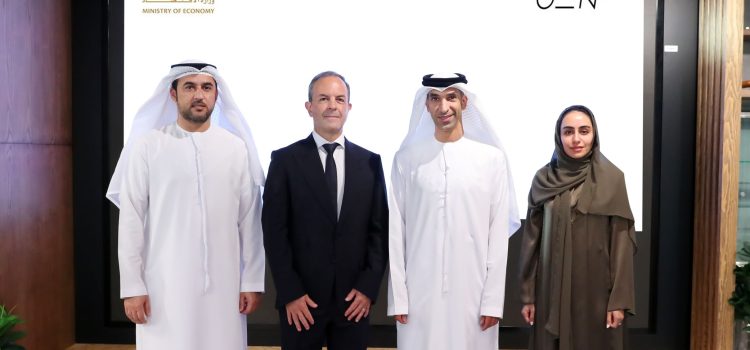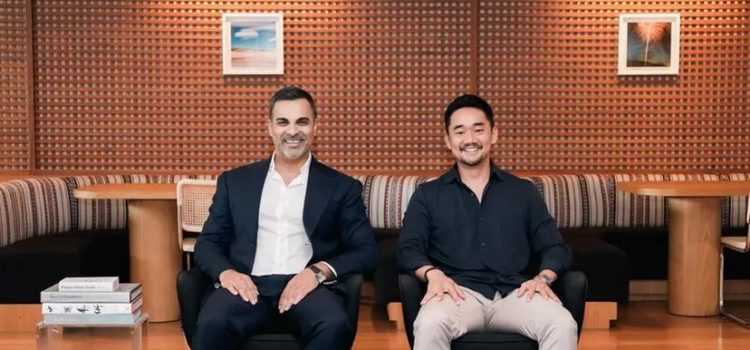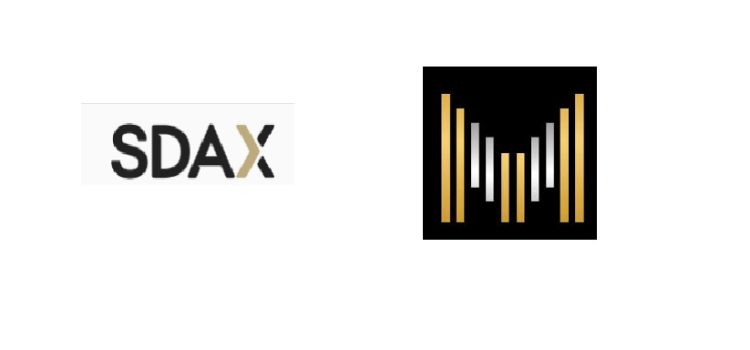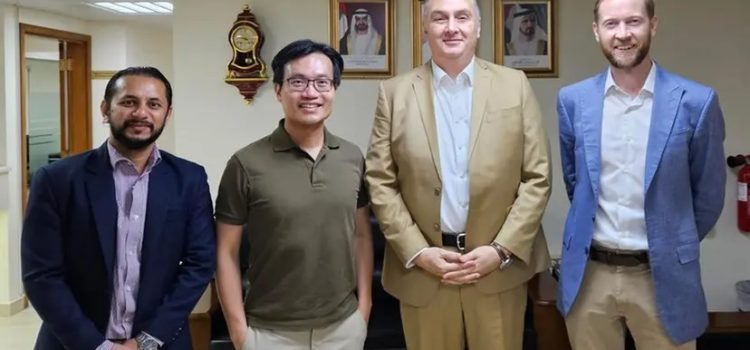
UAE based Fils, an ESG-focused financial technology that utilizes blockchain technology is collaborating with Saudi based tech platform Madkhol, which specializes in robo-advisory investment services, to offset the carbon footprint of Saudi capital market fintechs. The official signing took place at the prestigious 24 Fintech event, marking a significant milestone for both companies and the region.
This collaboration allows Madkhol’s customers to seamlessly invest in carbon credits and actively offset their carbon footprint directly through the platform. By embedding Fils’ sustainability stack, Madkhol is setting a new benchmark for capital market fintechs in Saudi Arabia and beyond, enabling users to integrate impactful climate action into their investment portfolios.
Capital markets play a pivotal role in driving economic growth and sustainability initiatives. Globally, the world requires $9.2 trillion annually to meet sustainability and climate goals, according to industry estimates. Achieving this will require the participation of every industry, with capital markets as a key driver of this monumental transition. Sustainable investments, which reached over $35 trillion in assets in 2020, are a critical part of this movement.
Saudi Arabia is leading the charge with its Voluntary Carbon Market (VCM) initiative, which aims to create one of the largest carbon trading platforms in the region. Spearheaded by the Public Investment Fund (PIF) and the Saudi Tadawul Group, this initiative aligns with the country’s Vision 2030 goals and is designed to promote investments in carbon credits and support companies in achieving their net-zero ambitions. The inaugural auction of carbon credits by the Saudi VCM saw a record 1.4 million tons of carbon credits sold, highlighting the sector’s growth potential.
The partnership between Fils and Madkhol is strategically aligned with Saudi Arabia’s VCM initiative. By leveraging Fils’ sustainability infrastructure, this collaboration allows users to participate in the carbon credit market with full transparency, trust, and integrity, setting a new standard for ESG investments.
CEO of Fils, Nameer Khan, commented: “Our partnership with Madkhol comes at a critical time when sustainable finance is becoming a cornerstone of capital markets, and Saudi Arabia’s VCM initiative is setting the stage for the region. Together, we are enabling users to make investments that not only drive returns but also contribute to a sustainable future. This collaboration highlights Fils’ commitment to transparency and trust, essential elements in building a credible and superior solution in the sustainability space.”
He added, “The global challenge of reaching $9.2 trillion annually in climate investments can only be met through the leadership of key industries, and capital markets are at the forefront of this transformation. Fils’ integrity-driven platform ensures that businesses and investors can participate in carbon markets with confidence, helping to foster a more sustainable world.”
Saad bin Atyan, CEO of Madkhol, commented, “At Madkhol, we are committed to providing our customers with innovative and responsible investment solutions. Partnering with Fils allows us to take our platform to the next level by integrating carbon credit investments and giving our customers a practical way to offset their emissions. Signing this partnership at 24 Fintech highlights our dedication to pioneering sustainable fintech in Saudi Arabia.”
By utilizing Fils’ comprehensive API-driven sustainability stack, Madkhol customers can now access a variety of carbon credit projects, enabling transparent reporting and ensuring investments align with environmental goals. This seamless integration also supports Saudi Arabia’s Vision 2030 objectives of promoting sustainability and reducing carbon emissions.
Ahson Saeed, Partner – Strategy & Commercials at Fils, noted, “At Fils, we believe that the future of finance is not just about returns, but about responsible, impactful investments. Our partnership with Madkhol is a testament to this vision, bringing together cutting-edge technology and a deep commitment to sustainability. By integrating carbon credit investments into everyday financial decisions, we are empowering investors to take actionable steps towards a greener future. This collaboration marks a new chapter in sustainable finance, aligned with Saudi Arabia’s ambitious climate goals and the broader global movement towards ESG-driven growth.”
Currently, the Fils network supports over 105 banks, 1.5 million merchants, and 4 million wallets. Leveraging innovative fintech and blockchain technologies, Fils provides businesses with the tools to integrate climate-positive solutions across industries. Fils is at the forefront of transforming the financial landscape to foster sustainability, building trust through transparency and integrity.








